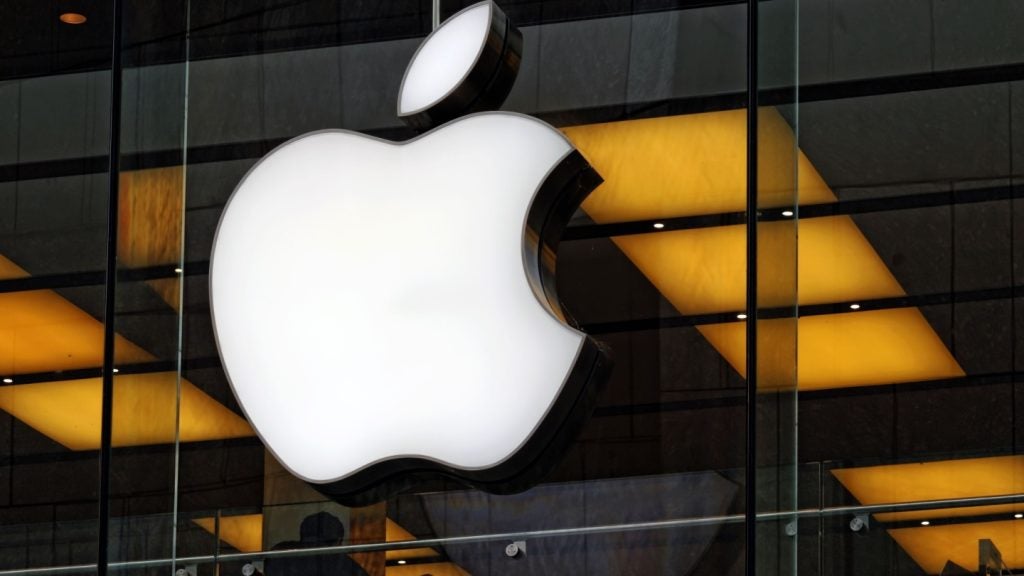
China’s second-biggest e-commerce firm, JD.com – not to be confused with the UK sports retailer, has announced a new investment in the luxury online retailer Farfetch in a $397m deal.
The deal is part of a new strategic partnership between the two brands, which will see JD.com’s founder and chief executive Richard Liu take a seat on Farfetch’s board.
Farfetch was founded in London in 2007 as a luxury fashion online platform to rival the likes of Net-a-Porter. It sells products from over 700 high-end brands including Alexander McQueen, Chloe and Gucci.
It’s been prevalent in the news recently after it was announced that magazine publisher Conde Nast was closing its own luxury e-commerce site Style.com after less than a year and redirecting all traffic to Farfetch.
Conde Nast was an early investor in Farfetch and its chief executive and chairman Jonathan Newhouse described the partnership as “the next step in our evolving business relationship,” in an interview with Business of Fashion.
The investment marks part of Farfetch’s expansion in China, its second-largest market and also a chance for JD to broaden its offering of luxury goods in an attempt to compete with its major rival, Alibaba.
How well do you really know your competitors?
Access the most comprehensive Company Profiles on the market, powered by GlobalData. Save hours of research. Gain competitive edge.

Thank you!
Your download email will arrive shortly
Not ready to buy yet? Download a free sample
We are confident about the unique quality of our Company Profiles. However, we want you to make the most beneficial decision for your business, so we offer a free sample that you can download by submitting the below form
By GlobalDataThe deal will give Fafetch access to JD.com’s logistics network, online payment and consumer microcredit tools. In particular, JD .com recently launched a premium courier service named Luxury Express, which sees products delivered by staff in suits and white gloves, using electric vehicles, as part of its investment into luxury goods so it is likely that Farfetch will take advantage of this.
Farfetch’s chief executive Jose Neves said in statement:
“This partnership addresses the market’s challenges by combining the Farfetch brand and curation with the scale and influence of the foremost Chinese e-commerce giant.”
In addition, Neves told Reuters, that it is likely Farfetch will go public in the next two or three years so its success in Asia is imperative.
It’s a well-known fact that China is one of the biggest markets for luxury goods, accounting for about one-third of global sales. There has been more of an appetite to buy high-end products at home too – marked by the fact brands have decided to no longer charge premiums in China and the country’s government decided to cut duties on luxury goods imported through official channels earlier this year.
However, despite the growth of luxury e-commerce stores such as Farfetch, and the recent addition of Amazon into the fore with its new Prime Wardrobe service, online shopping still hasn’t managed to completely kill off the physical store, and it remains important to shopping habits.
According to data by consumer research company CACI, 82 percent of all retail purchases are still linked to a physical store – whether that’s through click and collect, research, or ordering in store for delivery.
As well, consumers say they are more satisfied with in-store purchases compared to online orders. This might be to do with return rates – customers are 67 percent more likely to return a product if it was ordered online. The research found that least 12 percent of all clothing and footwear ordered online is returned.
John Platt, associate partner at CACI, said:
“It’s no secret that physical retail stores are in tough competition with online retailers, however their role in the purchasing journey is still crucial. Around 82% of purchases are reliant on a physical store at some point in the journey, whether that’s research, purchasing or returns, which shows the continued need for the bricks and mortar store.”







